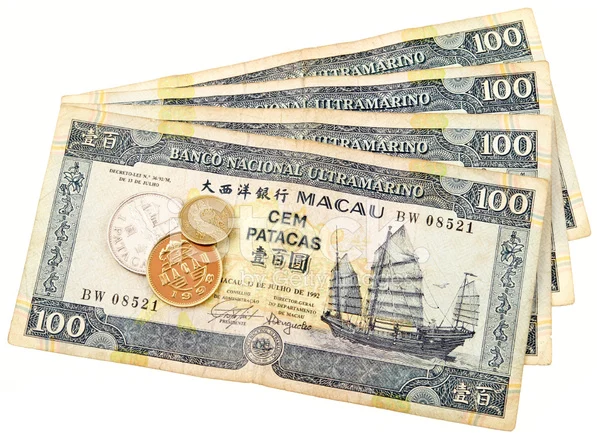Macau could begin testing a virtual currency this year. Chief executive Ho Iat Seng called it part of a long-term plan for a digital economy.
Last year, local lawmakers passed a law giving digital currency the same legal status as banknotes and coins. In September, the Macau Monetary Authority confirmed that the People’s Bank of China (PBOC) is conducting research and development on the tender.
The PBOC should be ready to present a prototype with “basic functions” by the end of 2024, said Ho.
Catching up with the global economy
Officials first laid out a plan to create and issue the virtual pataca, or e-MOP, in 2022. In a memo to the Legislative Assembly, they said the move would make Macau part of the global digital economy and put it on par with “neighbouring jurisdictions, namely mainland China and the Hong Kong SAR”.
It’s also in keeping with the government’s “1+4” programme, launched in 2023. The five-year plan was designed to wean the city from its reliance on gaming by developing four nascent sectors: finance, technology, health and meetings and conventions.
In a 2023 policy address, Ho said the strategy “will essentially reverse the trend of one industry overshadowing other sectors”. It also affirms Macau’s commitment to becoming a “smart city”, where data amassed through technology informs municipal management.
HKD dominant in Macau casinos
Patacas are the official currency of Macau, although Hong Kong dollars are most often used in casino transactions.
China’s plan for a digital renminbi, or yuan, is seen as a way to curb money laundering, tax evasion and terrorism financing. According to industry commentator Muhammad Cohen, gaming experts believe “Beijing would welcome renminbi play in Macau”.
“Digital RMB would mitigate what Beijing sees as the most harmful financial side effect of Macau casinos: capital flight through illegal funds transfers from the mainland,” Cohen wrote.
VIP volumes have dwindled due to crackdowns on cross-border gambling and illicit money exchanges. But big spenders are still spending big, as indicated by a recent Citigroup study.
The table survey showed a marked increase in average wagers by VIP gamblers. Through September, 228 so-called “whales” wagered a total of HK$43.3m (£4.8m/€5.8m/$6.5m), up 43% over the same period in 2023.
Meanwhile, the Chinese-Portuguese pataca remains Macau’s coin of the realm. The digital-currency legislation includes a mandate that businesses must continue to accept physical cash as payment.



